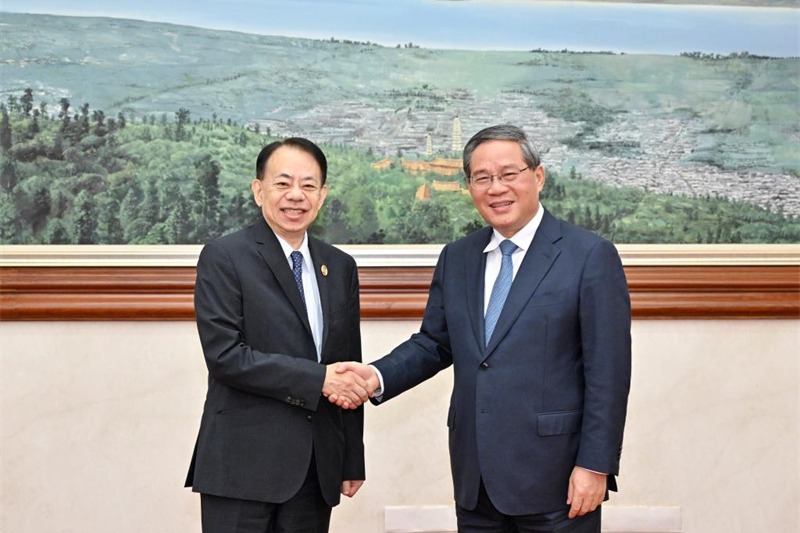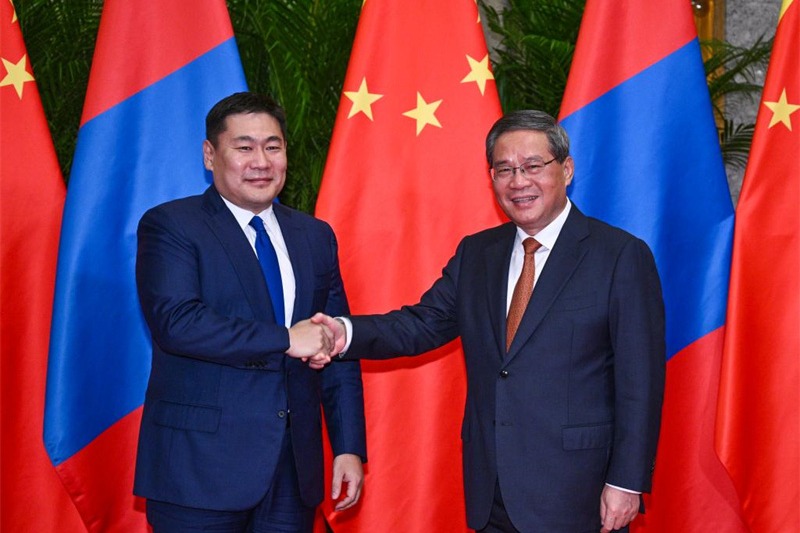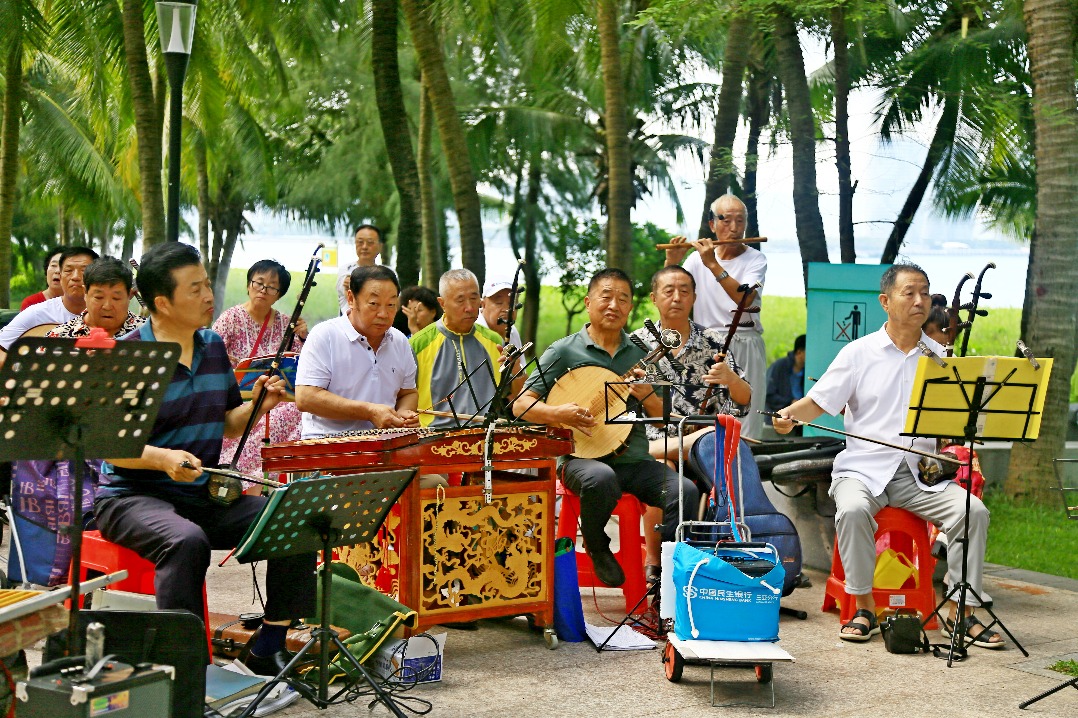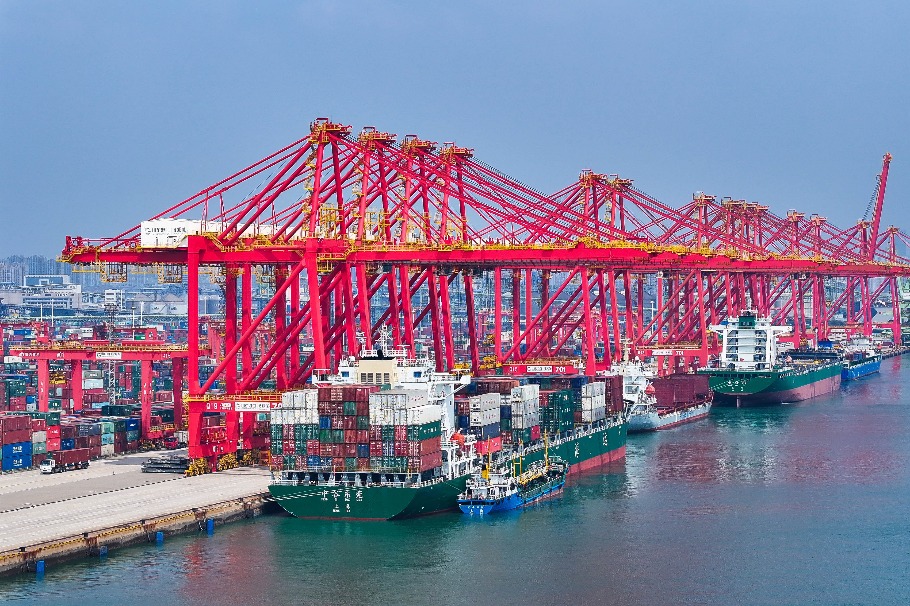CNPC unit eyes new gas sources

CNPC Southeast Asia Pipeline Co Ltd, a subsidiary of China National Petroleum Corp, the country's biggest oil producer, is actively looking for new gas sources to ensure sufficient natural gas supply for the China-Myanmar gas pipeline.
The gas pipeline, a pioneering project of China's Belt and Road Initiative, has been transporting natural gas from Daewoo International Group Corp's offshore blocks A-1 and A-3 in Myanmar since July 2013 under a 30-year operating agreement, said Chen Xiangqiu, vice-president of the gas pipeline project.
Though there is still a long time until the expiry of the gas purchase agreement, the company has been conducting new gas field explorations at new deposits, including following up the progress of the new gas fields developed by Daewoo, Chinnery Asset Ltd of CNPC and other developers, and tracking the process of the Myanmar liquefied natural gas import and re-gasification plan, to ensure the transmitting volume of the gas pipeline, he said.
According to the company, the China-Myanmar crude oil and gas pipeline has effectively driven the development of Myanmar's petrochemical production, raised the degree of local industrialization and electrification, supported Myanmar's economic growth and improved people's livelihoods since it began operations.
The company plans to further take advantage of the cooperation model to continue helping Myanmar with construction of energy facilities, including pipelines, refinery planning and CNG refueling stations.
It is also considering the construction of a LNG terminal at Myanmar's Made Island oil port in the country's western Rakhine state, the starting point of the China-Myanmar crude oil pipeline.
Analysts believe that the pipeline, which allows China to import crude oil from the Middle East and Africa without having to go through the Strait of Malacca, plays a significant role in China and Myanmar's infrastructure and trade development plan.
"China's experience in energy infrastructure construction might benefit Myanmar in the long run though the initial benefit might not be immediate, as the country currently does not get that much oil and gas, and earns revenue from pipeline tariff fees," said Li Li, energy research director at energy consultancy ICIS China.
Suresh Sivanandam, a senior research manager for Asia refining at consultancy Wood Mackenzie Ltd, said the process of building energy infrastructure should help Myanmar in the long run to meet growing domestic demand as the country is growing fast and might need more oil refineries soon.




































